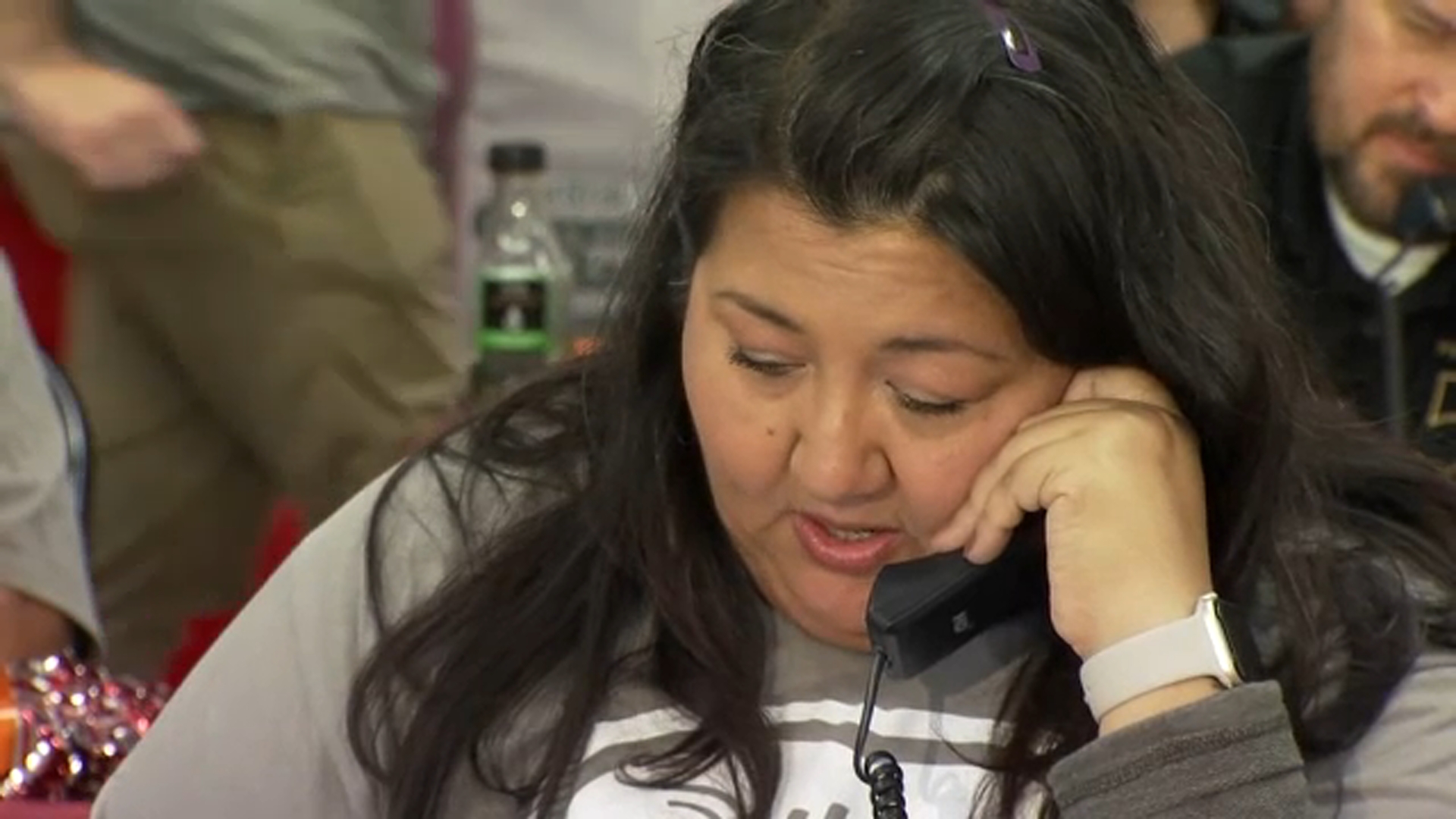Cruise ship in limbo off California coast as anti-virus controls spread

SAN FRANCISCO, California -- Cruise ships hit by coronavirus outbreaks have quickly found themselves with no ports for thousands of passengers as countries on four continents have quarantined vessels or kept them at sea for days.
Keeping all of the passengers on board instead of letting them disembark on land is a strategy that can backfire, however, according to experts, the ventilation systems and close quarters of cruise ships make them ideal places for illness to jump from one person to the next.
"They're not designed as quarantine facilities, to put it mildly," said Don Milton, an epidemiologist with the University of Maryland.
A ship with about 3,500 people aboard was sailing in circles off the coast of California on Saturday after 19 crew members and two passengers tested positive for the new virus. Originally bound for San Francisco, the Grand Princess might be sent instead to a non-commercial port, officials said.
While restaurants and other shipboard locations were closed, passengers were able to watch TV and use the internet, or if they were lucky enough to have one, go outside on their balcony overlooking the water.
ABC13's Bob Slovak spoke with 82-year-old Wes Paulson who is one of the guests quarantined on the ship. Wes repeated a couple times that the ship's crew has not been relaying much information to them. Instead, the small knowledge they do have on those affected on the ship so far has come watching the news on TV.
Officials said there are over 1000 passengers above the age of 70, like Paulson, aboard the ship. ABC News reported passengers have been able to see the Golden Gate Bridge, which means the ship is coming closer to land. They are not coming in to dock, but to resupply.
Vice President Pence said the CDC is tracking an additional cruise ship, bringing the total number of Princess cruises to 4.
While President Donald Trump has said he doesn't want the Grand Princess to dock, he also said he would yield to the advice of health officials. Refusing to let the ship into port for an extended period could hasten the spread of the virus among the people on board, experts said.
Milton, who studies the spread of virus particles in the air, said the recirculating air on a cruise ship's ventilation system, along with people living in close quarters and in communal settings, make the vessels vulnerable to the spread of infectious illnesses.
"You're going to amplify the infection by keeping people on the boat," he said.
A Purdue University air quality expert said cruise ship air conditioning systems are not designed to filter out particles as small as the coronavirus, allowing the disease to rapidly circulate to other cabins.
"The passengers should be quarantined on shore if there is a suitable facility," Qingyan Chen said in an email message. Grand Princess "should run 100% outdoor air in their air conditioning system and not use recirculated air."
In Japan, leaders were criticized for confining more than 3,700 passengers and crew on the Diamond Princess for two weeks last month because of the virus. About 700 people were sickened on the ship and three died. Japanese health officials defended the quarantine as necessary and adequate.
In Asia, the Malaysian port of Penang turned away the cruise ship Costa Fortuna with 2,000 people aboard because there were 64 passengers from Italy, the center of Europe's epidemic. It was the second port after Phuket in Thailand to reject the ship, which is now headed to Singapore.
In Egypt, a cruise ship on the Nile with more than 150 aboard was under quarantine after 12 people tested positive for the virus. And on the Mediterranean in Malta, which reported its first case of the virus, the MSC Opera agreed not to enter port even though there were no infections confirmed on board.
Art Reingold, head of the epidemiology and biostatistics division at the University of California, Berkeley School of Public Health, said the burden is on authorities to coordinate the feeding and care of so many people without spreading the infection further.
"It's obviously going to be a real challenge," he said. "I don't have any doubt that crew members interact with passengers, so it seems quite plausible there could be additional transmissions."
The challenge faced by cruise companies is not an entirely new one: Ships have previously been affected by other diseases, such as norovirus, which causes vomiting and diarrhea and can spread quickly in the close quarters of a ship and among passengers with weakened immune systems.
The Associated Press contributed to this story.








